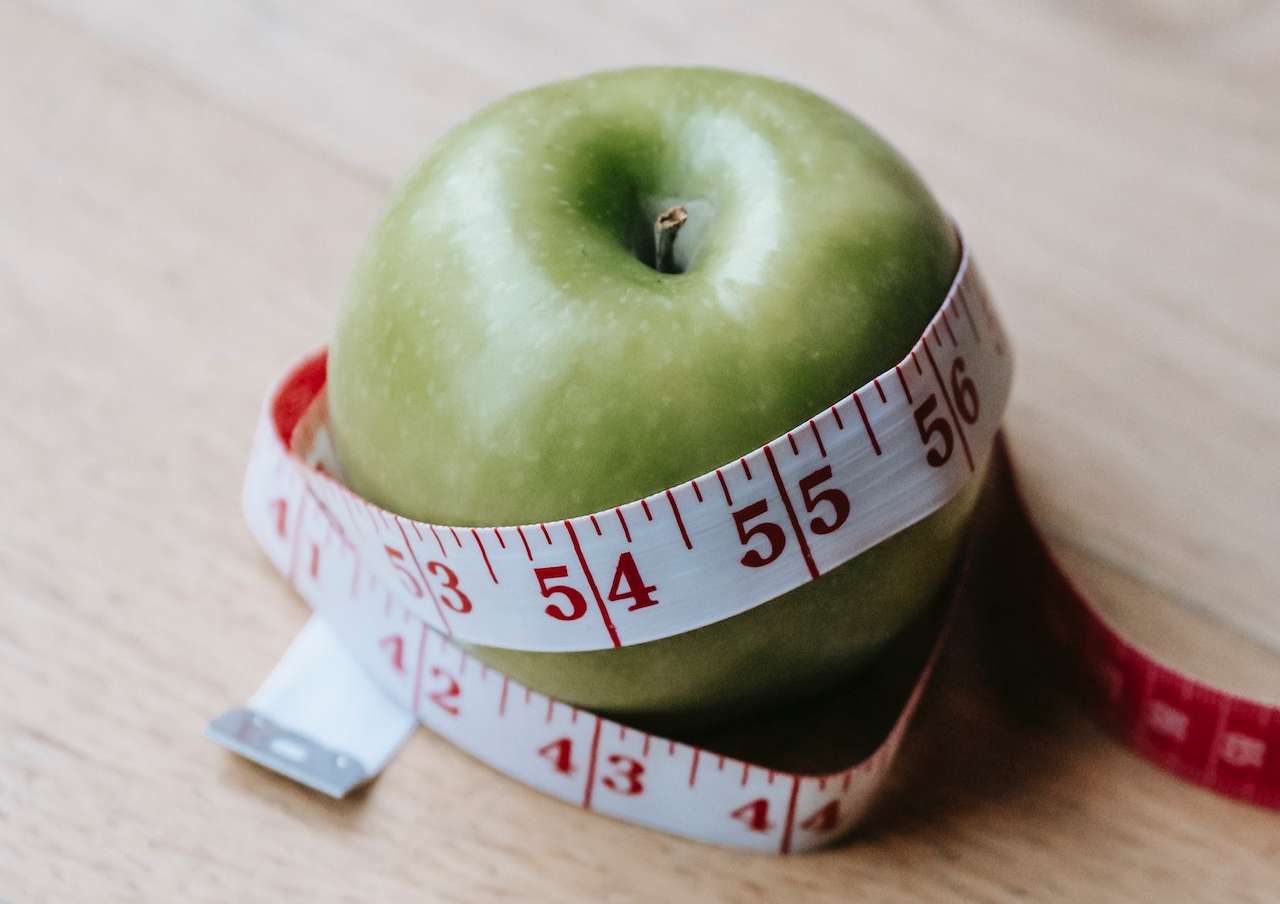How nutrition helps the body
Most of us have heard the phrase “an apple a day keeps the doctor away” by our parents to help encourage and establish healthy eating habits. But why did this phrase come into being in the first place? Does food actually have more contribution to one’s health than we are aware of?
It is an established fact that eating a well-balanced, nutrition-rich diet, and consistent exercise can help an individual sustain and maintain their health. Since the new year is right around the corner, many of us might have to hit the gym for a good physique or healthy and balanced diet listed amongst new year resolutions.
We all are advised to indulge in nutritious rich fruits and veggies time and again to avoid future ailments. But what does nutrition exactly mean and how does it contribute to one’s health?
To answer this somewhat bewildering question and help one achieve their fitness goals this year, here is everything you should know about the term nutrition.
Table of Contents
What is the meaning of Nutrition?
The term nutrition is a biochemical and physiological process that essentially helps an organism utilize food to support its life. It is the process of ingesting the food and utilizing it for growth, enhancing metabolism, and repairing the body.
The nutritional stages are categorized as follows:
- Ingestion
- Digestion
- Absorption
- Trasport
- Assimilation
- Biosynthesis
- Catabolism
- Excretion
In simpler terms, nutrition is about consuming a healthy or balanced diet.
What are the 7 categories of Nutrition?
Nutrition is the body’s natural way of absorbing and processing fuel which provides energy to the body. Water is amongst the most essential nutrients.
While there are about 40 different kinds of nutrients present in the food we eat, these nutrients can be categorized into 7 categories.
All of these categories perform different functions and provide different benefits for the body. Here is a list of these important nutrients and their functions.
- Carbohydrates:
Carbohydrates are turned into glucose by the digestive system that acts as the main source of energy for the cells, organs, and tissues. Carbohydrates can be found in rice, grains, dry beans, root vegetables, and certain fruits.
- Proteins:
Protein is essential for building, repairing, as well as maintaining the strength of the bones, muscles, and skin. Protein can be found in meat, eggs, fish, dairy products, and beans.
- Vitamins:
There are several types of vitamins present in different foods that contribute to maintaining the health of the metabolism, skin, hair, eyes, bones, as well as help in maintaining and regulating energy. Vitamins can be further classified into water-soluble and fat-soluble.
- Fats:
Like carbohydrates, fats also act as a source of energy. Fats are important in protecting vital organs from extremely cold temperatures and shock. Fats can be found in foods like meats, dairy products, nuts, seed oils, fish, and seafood.
- Dietary Fiber:
Dietary fibers are found in food parts that are indigestible. Dietary fibers are absolutely essential for the digestive system as it promotes gastrointestinal health to help the body avoid constipation as well as helps stabilize blood sugar levels. Dietary fibers can be further classified into soluble and insoluble fibers.
- Water:
Did you know your body is 70% water? Yes, it is true that a significant part of our body is composed of water hence it is important to maintain and preserve this integral nutrient.
Water helps regulate the temperature in the body, transportation of nutrients, removal of wastes, and production of fluids.
- Minerals:
A group of essential nutrients can be classified as Minerals. These nutrients contribute to fluid balance, the transmission of nerve impulses, as well as muscle contraction. Nutrients also help strengthen the bones.
What are the benefits of consuming a nutritionally rich diet?
Upon understanding the basic functions of the 7 main categories of Nutritions, it will be easier to comprehend the benefits of nutrients mentioned above.
A well-balanced diet can not maintain one’s health but also prevent an individual from falling victim to a plethora of ailments. Here is a list of benefits one will enjoy by consuming a nutritionally rich diet.
- Healthy Bones and teeth:
Consuming a diet that is rich in calcium can help maintain the health of the teeth and bones making them strong as well as can contribute to slowing down the bone loss (osteoporosis) one develops as they age.
Calcium is often found in dairy products but this healthy nutrient can also be found in foods like:
- Leafy vegetables like kale or broccoli
- Fish like sardines, tuna, or pilchards
- Soy products, Fruit juice, and cereals
It is best to go out in the sun for optimum calcium intake in conjuncture with a calcium-rich diet.
- Perfect fit:
With consistent exercise and a well-balanced, nutrient-rich diet one can easily achieve their desired fitness goals. Foods like fruits, whole grains, vegetables, low saturated fats, lean meats, and low-fat dairy products can help one maintain a healthy body as well as maintain a steady weight.
Regular exercise in conjuncture with an appropriate proportion of nutrient-rich foods can easily help one reach fitness goals, maintain a healthy weight, lose weight, lower high cholesterol levels, and lower the risk of heart diseases.
- Type 2 diabetes:
A well-balanced diet that assimilates foods that are low in saturated fat and rich in high fiber like whole grains can help prevent the risk of developing type 2 diabetes.
- Healthy heart:
A diet that incorporates nutritious foods can help maintain the health of one’s heart. Foods like low-fat dairy, whole grains, fruits, and vegetables help maintain blood pressure, cholesterol and also reduce the risk of heart disease.
Foods like fish that are rich in omega 3 fatty acids and protein can also help reduce heart risk diseases.
- Brain foods:
Consuming a nutritionally rich diet not only helps with an individual’s physical health but also mental health. The brain and the nervous system rely on nutrition in order to build up new proteins, cells, as well as tissues.
The human body requires a plethora of chief nutrients like carbohydrates, proteins, and minerals to function effectively.
Here is a list of foods one can indulge in to maintain their mental health.
- Complex carbohydrates like Quinoa, brown rice, beetroots, and sweet potatoes.
- Lean proteins like Soyabean, poultry, eggs, meat, fish, nuts, and seeds.
- Fatty acids like eggs, nuts, flaxseeds, meat, and fish.

